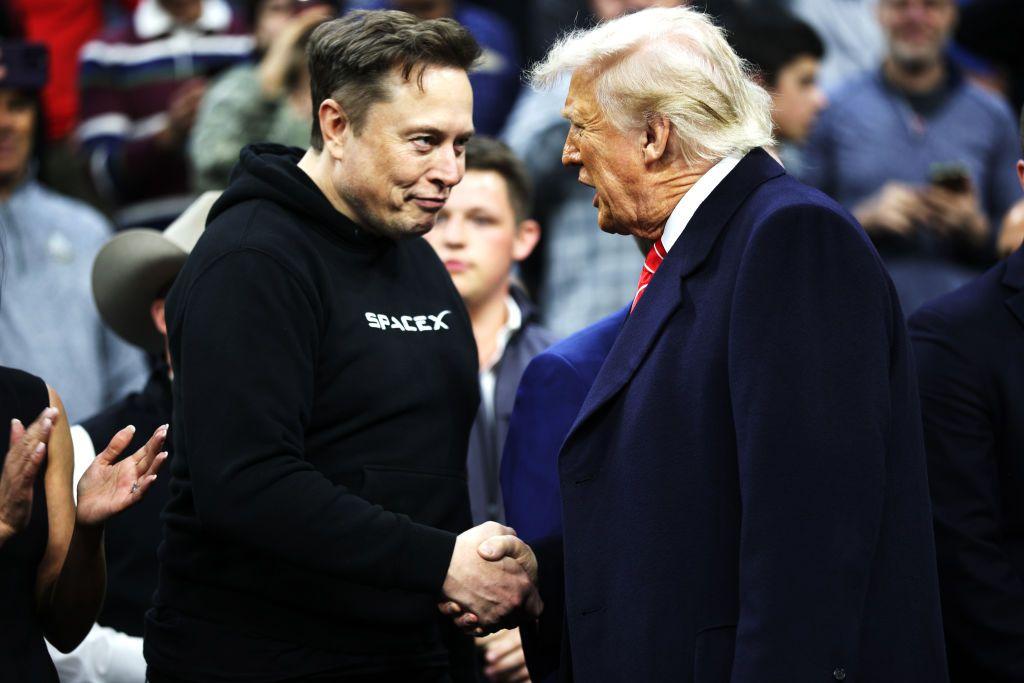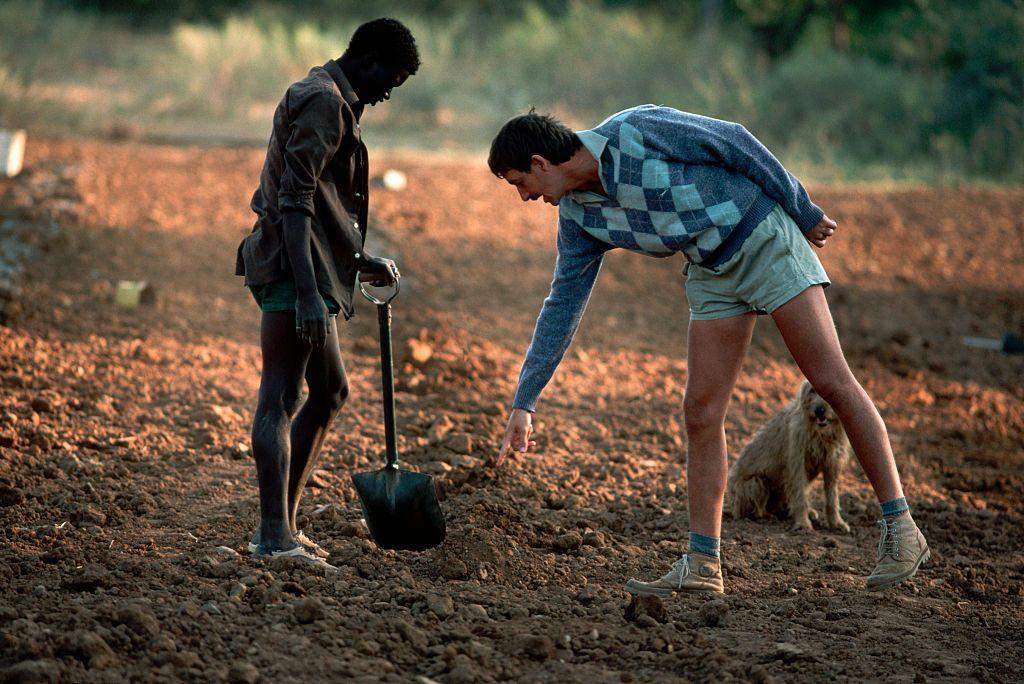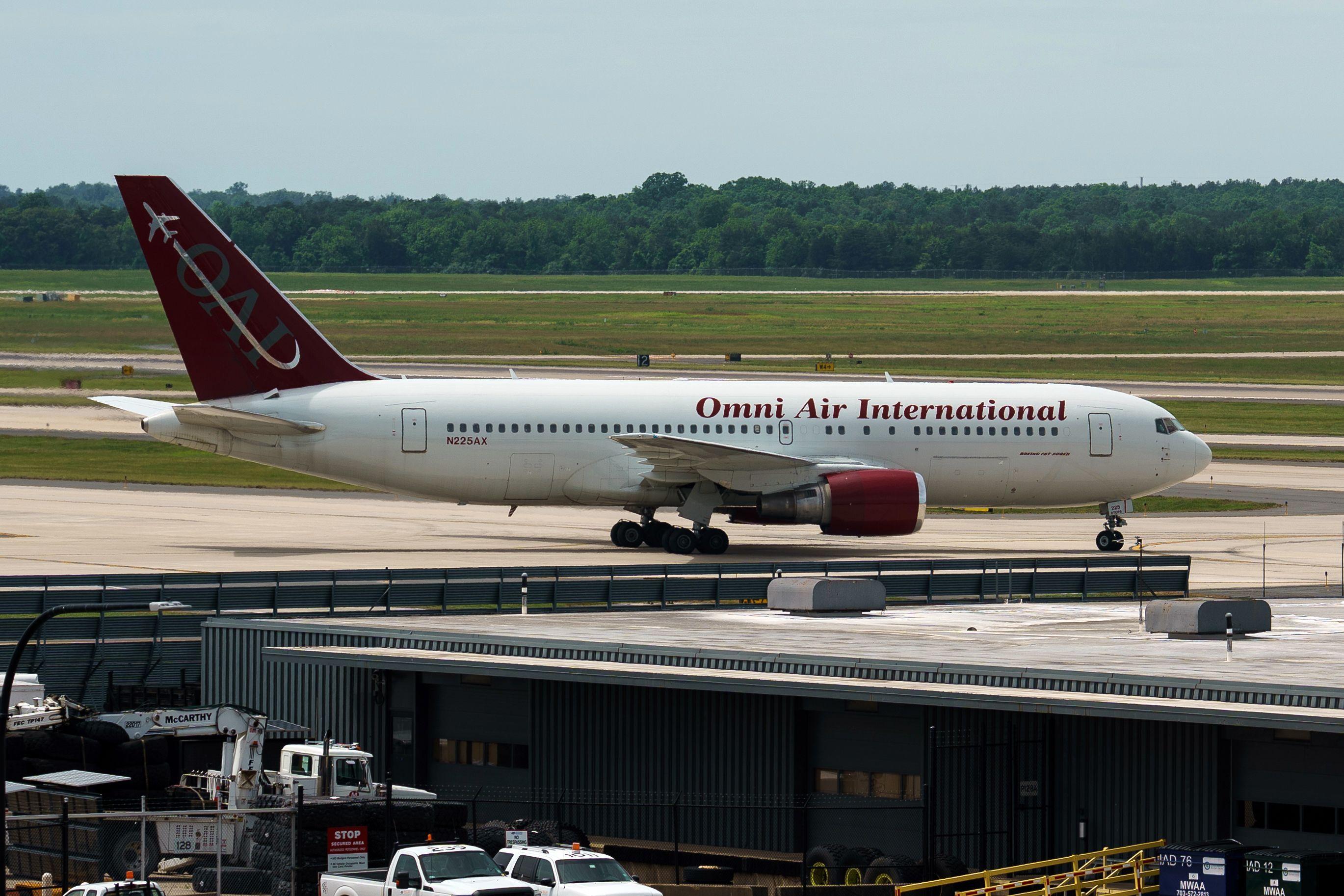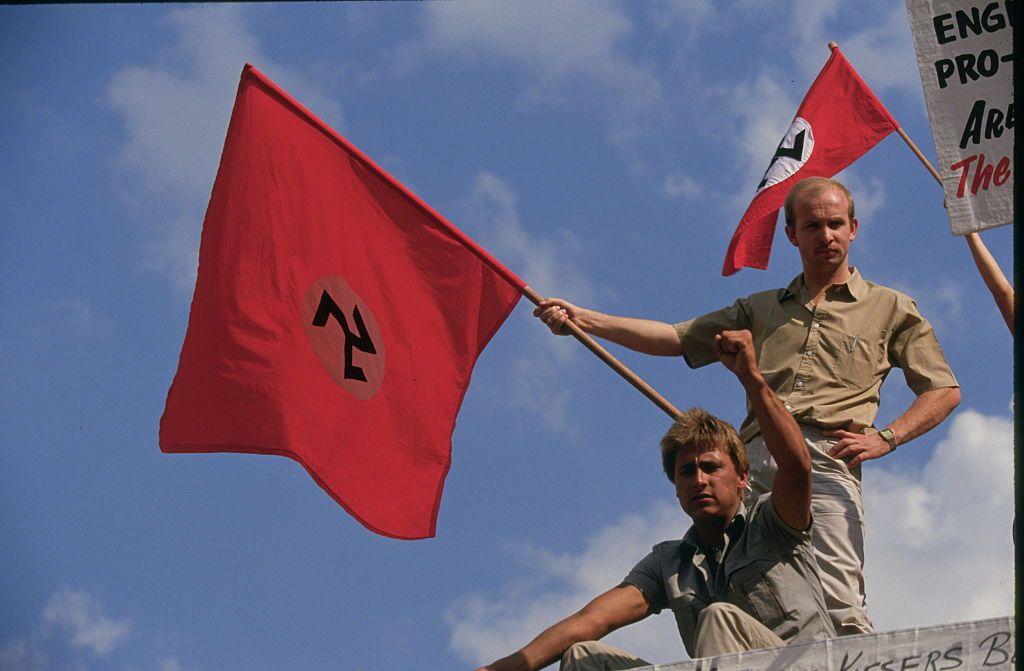Trump attacks Taylor Swift again, we tell you what he said now

A plane from Johannesburg with 59 White South Africans on board landed on Monday in Washington DC.
It is the first group of Afrikáners who arrive in the United States as refugees under a resettlement program promoted by President Donald Trump, who considers this community victim of “racial discrimination” in South Africa.
His arrival in the US occurs after months of diplomatic tensions between the North American and South Africa country.
Trump signed in February an executive order in which he denounced alleged human rights violations against whites in South Africa, citing expropriations of land without compensation and murders in rural areas.
The president has also referred to what he described as a “large -scale“ farmers’ farmers ”, an argument that businessman Elon Musk has publicly supported, born in Pretoria, who came to speak even of a“ white genocide ”.

The South African government rejects these accusations and denies the existence of a racial persecution against whites.
South Africa Foreign Minister Ronald Lamoa said Monday that “there is no chase of Blancos Afrikáner South Africans” and said the police data contradict the narrative promoted from Washington.
Afrikáners, mostly descendants of Dutch settlers, have played a central role in the history of the country, from colonization to the regime of Apartheid.
Who are the Afrikáners
Trump’s resettlement program is aimed at Afrikáners, a most majority South African South African community of Dutch colonists, Hugonotes and German French who began settling in southern Africa since 1652.
For centuries, Afrikáners dominated the country’s agricultural policy and production, especially under the Apartheid (1948-94), where they formed the majority white group and ideological strut of the regime.
Today they represent just over 5% of the population in South Africa – about 2.7 million people – and most speak Afrikáans as a mother tongue.
Trump justifies his program with the argument that Afrikáners suffer “racial discrimination” under the policies of the African National Congress (ANC), in power from the end of the end of the Apartheid in 1994.
In his February executive order, the US President specifically cited the recent South African law of expropriation without compensation of unproductive lands, abandoned or acquired fraudulently during the segregationist regime.
Although the norm has been defended as a tool to correct historical inequalities, both American conservative sectors – including influential entrepreneurs such as Elon Musk and Peter Thiel – and many Afrikáners in South Africa consider it a direct threat to the property rights of whites.

Trump also denounced what he described as “a large -scale killing of white farmers,” thesis backed by Musk, Thiel and other members of the so -called “Paypal Mafia”, an influential Silicon Valley group that maintains ties with South Africa.
The South African government denies that there is a racial persecution: Foreign Minister Lamoa considered the accusations of Washington unfounded and claimed that police reports disconnect the rural violence of an alleged white genocide.
According to official data, in 2024 44 homicides were registered in agricultural areas, of which eight were from farmers.
The South African Institute of Racial Relations (Sairr) concluded that attacks affect both white and black workers and are usually motivated by robberies or labor conflicts.
Victims of racism?
BBC Mundo spoke with the South African analyst Ryan Cummings, director of Consultant Signal Risk, who questions the legal and humanitarian foundation of granting asylum to Afrikáners.
“Certainly do not face any kind of collective marginalization for their culture, race or language,” he says.
The expert considers that the laws of affirmative action promoted by the ANC are not punitive towards whites, but mechanisms to reverse the historical exclusion of the black population, and remarks that “Afrikáns are still at the upper end of the socioeconomic scale.”

CummingS adds that the perception of insecurity in rural areas, where violent attacks have occurred, has fed a political narrative within more conservative Afrikaners sectors.
“They have been presented as acts of ethnic violence, as if there were a systematic genocide ongoing, but in reality they respond to local dynamics: isolated farms, deficient security guards, weapons and cash stored in the facilities,” he says.
It recognizes, however, that figures such as Julius Malema, leader of the communist party fighters for economic freedom, have fed that feeling of threat with songs such as Kill The Boer (“Kill the farmer”), which has reinforced the fear of some Afrikáners to a resurgence of black nationalism in its most violent forms.
The geopolitical conflict
The South African government has been very active when denouncing human rights violations of Israel in Gaza, and in January presented a case of “genocide” before the International Court of Justice in The Hague.
This caused a deterioration in the relations between South Africa and the US, ally of Israel.
“Trump wants to highlight before the international community that the same government that leads Israel to an international court for alleged human rights violations is violating those same rights over their own citizenship,” evaluates Cummings.
In March, the US administration expelled the then South African ambassador, Ebrahim Rasool, after he denounced a “supremacist insurgency” promoted by the United States.
The US Secretary of State, Marco Rubio, justified the measure by qualifying the diplomat as a “racial agitator” that “hates America.”
For its part, the South African government argues that the narrative promoted from Washington is unfounded and responds to internal political interests in the United States.

Since Trump signed the order, more than 70,000 White South Africans expressed interest in emigrating, according to the South African Chamber of Commerce in Atlanta.
The group of 59 people who landed this week in Washington is the first to benefit from the plan.
How can you see from South Africa
From South Africa, Trump’s resettlement program is perceived with skepticism or even with some sarcasm, according to Signal Risk’s director.
“Many South Africans see Afrikáners who are accepted to the Trump program as people looking for a way out, a way of finding the utopia they are looking for: a society where they can exist without having to share space with black South Africans,” says Cummings.
According to the expert, there are “many damaged souls” among the Afrikáners who grew during the end of the Apartheid.
“They feel that they were not accomplices, but that they are being paid for what happened decades before they were born,” he says.

However, he concludes that most South Africans agree with the idea of a multi -regular society and that those who resist – and now emigrate – “they were probably not interested in participating in that project from the beginning.”
Cummings even believes that many moderate South Africans look with good eyes the emigration of certain Afrikáners to the United States under the Trump initiative.
Part of South African society considers it “a way to get rid of people who have sustained a white racist or supremacist ideology.”
“Many South Africans feel that South Africa, as a country, will probably be better without them, in the sense that we will be losing individuals who essentially have no interest in participating in national construction or living in a multi -regular country,” he says.

Subscribe here To our new newsletter to receive every Friday a selection of our best content of the week.
And remember that you can receive notifications in our app. Download the latest version and act.





